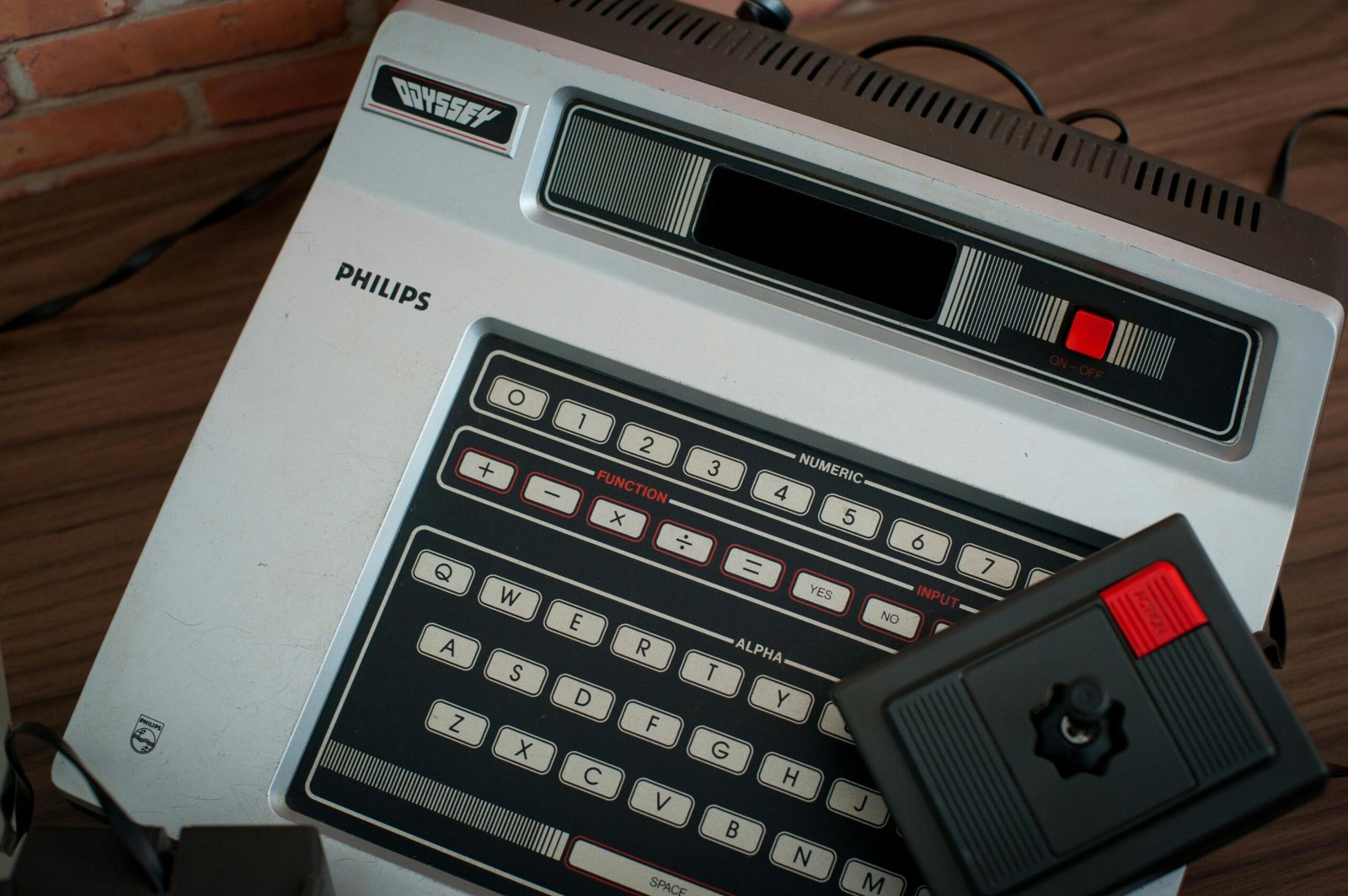Introduction
Michael Bolton, a name synonymous with soulful ballads and chart-topping hits, recently faced a daunting health scare—a stroke. This unexpected event has not only affected the legendary musician but also brought attention to an important health issue that can impact anyone. In this blog post, we will explore Michael Bolton’s career, the nature of strokes, their risk factors, and his recovery. We will also discuss the importance of early detection and how fans can offer their support to Michael and others facing similar challenges.
Understanding Strokes
A stroke is a medical emergency that occurs when the blood supply to part of the brain is interrupted or reduced, depriving brain tissue of oxygen and nutrients. Within minutes, brain cells begin to die. There are two main types of strokes—ischemic, caused by a blockage in an artery, and hemorrhagic, caused by bleeding in the brain. Both can lead to significant and lasting health issues if not treated promptly.
Common symptoms of a stroke include sudden numbness or weakness, especially on one side of the body, confusion, trouble speaking, difficulty seeing, and loss of balance or coordination. Recognizing these symptoms early can make a huge difference in treatment and recovery.
Strokes can affect individuals differently, depending on which part of the brain is involved. Some may experience temporary or permanent disabilities, such as difficulty with movement, speech, and memory. This makes understanding and addressing the risk factors crucial.
Risk Factors and Prevention
Several factors increase the risk of having a stroke. Some of these are uncontrollable, such as age, family history, and previous stroke or heart attack. However, many lifestyle-related factors can be managed to reduce the risk. These include high blood pressure, smoking, diabetes, high cholesterol, obesity, and lack of physical activity.
To minimize the risk of a stroke, individuals can adopt several healthy habits. Regular exercise helps maintain a healthy weight and lowers blood pressure. A balanced diet rich in fruits, vegetables, and whole grains can reduce cholesterol levels. Avoiding smoking and limiting alcohol intake are also significant steps towards prevention. Regular check-ups with a healthcare provider can help manage and monitor any underlying health conditions.
Understanding one’s personal risk factors and taking proactive steps to maintain a healthy lifestyle can greatly reduce the likelihood of experiencing a stroke.
Michael Bolton’s Recovery Journey
Michael Bolton’s recovery from his stroke has been a testament to his resilience and determination. After receiving immediate medical attention, he began a comprehensive rehabilitation program designed to help him regain his strength and abilities. This typically includes physical therapy, occupational therapy, and speech therapy, depending on the specific deficits a patient faces.
Lifestyle changes have also played a crucial role in his recovery. Improving diet, increasing physical activity, and adhering to medication regimens are essential components of post-stroke care. Support systems, such as family, friends, and professional caregivers, provide emotional and practical assistance, which significantly impacts recovery.
Michael Bolton’s experience highlights the importance of a multifaceted approach to recovery, combining medical treatment, lifestyle adjustments, and robust support networks.
The Importance of Early Detection
Early detection of a stroke can prevent severe outcomes and enhance recovery prospects. The acronym F.A.S.T. is a helpful tool for remembering the warning signs of a stroke:
- Face drooping
- Arm weakness
- Speech difficulty
- Time to call emergency services
Immediate response to these symptoms can save lives and reduce long-term damage. Public awareness campaigns and education about recognizing stroke symptoms are vital in improving response times and outcomes.
Healthcare providers emphasize the importance of not ignoring potential warning signs, no matter how minor they may seem. Quick action is critical in mitigating the effects of a stroke.
How Fans Can Support
Michael Bolton’s fans and the public can play a supportive role in his recovery and in raising awareness about strokes. Sending messages of encouragement and positivity can boost morale and provide emotional support. Engaging with social media campaigns and sharing information about stroke awareness can help spread knowledge and potentially save lives.
Supporting organizations that focus on stroke research and patient support is another impactful way to contribute. Donations, volunteering, and participating in awareness events can make a significant difference in advancing treatment options and providing resources for those affected by strokes.
By coming together, fans can create a strong community of support, not just for Michael Bolton but for everyone facing the challenges of stroke recovery.
Conclusion
Michael Bolton’s stroke has shone a light on an important health issue that affects millions of people worldwide. By understanding the nature of strokes, recognizing the risk factors, and learning about effective prevention and recovery strategies, we can all take steps to protect ourselves and our loved ones.
Michael Bolton’s recovery journey is a powerful reminder of the resilience of the human spirit and the importance of support systems. Let’s continue to raise awareness, offer our support, and take proactive steps towards better health.
For those looking to learn more about strokes and how to support recovery efforts, numerous resources are available. Engage with healthcare providers, support stroke awareness campaigns, and stay informed about this critical health issue. Together, we can make a difference.
—
This blog post provides a comprehensive overview of strokes, their impact, and how Michael Bolton’s experience can serve as both a cautionary tale and a source of inspiration. By following the steps outlined in this post, readers can make informed decisions about their health and contribute to a broader understanding and support for those affected by strokes.



